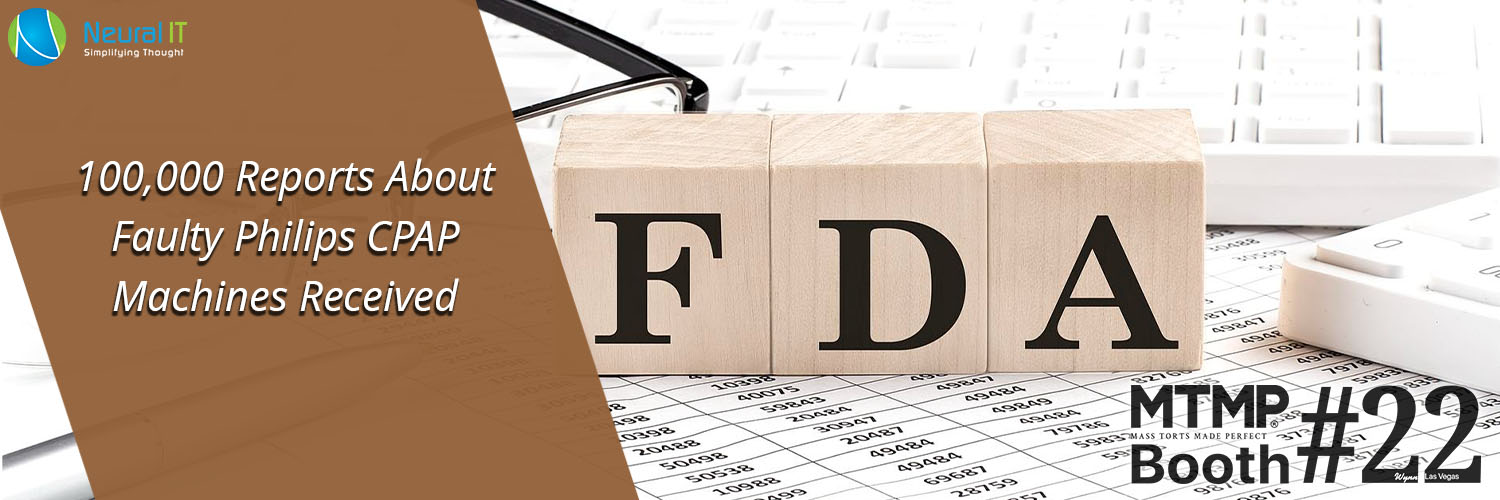100,000 Reports About Faulty Philips CPAP Machines Received
100,000 Reports About Faulty Philips CPAP Machines Received

Introduction
A Philips CPAP recall was issued nearly two years ago for millions of DreamStation sleep apnea equipment that contained faulty sound abatement foam, which is known to deteriorate and break down.
Former users, on the other hand, continue to come forward to describe major health difficulties and problems caused by breathing the foam particles and toxins. The FDA provided the latest in a series of updates last month concerning Philips CPAP health risks related to foam breakdown, showing that an additional 8,000 medical device complaints were reported in the final two months of 2022 alone.
The FDA now reports that between April 2021 and December 31, 2022, it discovered more than 98,000 concerns reported to the agency, including at least 346 fatalities. This indicates a more than 30% increase in fatalities due to Philips CPAP machines in November and December 2022, and the number is anticipated to rise more in the future.
Individuals have been diagnosed with severe lung damage and long-term respiratory side effects such as chronic obstructive pulmonary disease (COPD), reactive airway disease (RAD), acute respiratory distress syndrome (ARDS), sarcoidosis, pneumonia, asthma, and other issues as a result of using Philips CPAP.
Thousands of former DreamStation sleep apnea machine users are now suing Philips for CPAP lawsuit settlements, and this page will answer some of the often asked concerns regarding why they are having long-term health difficulties as a result of earlier usage of a recalled DreamStation sleep apnea machine.
The FDA advised consumers to only use the recalled devices for life-sustaining treatments, causing millions of users to miss out on needed sleep apnea treatment as the company battled to manage what has become an extremely difficult Philips CPAP repair programme.
Unfortunately, the FDA's Class I recall classification correctly reflected the gravity of the CPAP recall, with approximately 100,000 claims of health problems caused by Philips CPAP machines received in the months after the recall.




